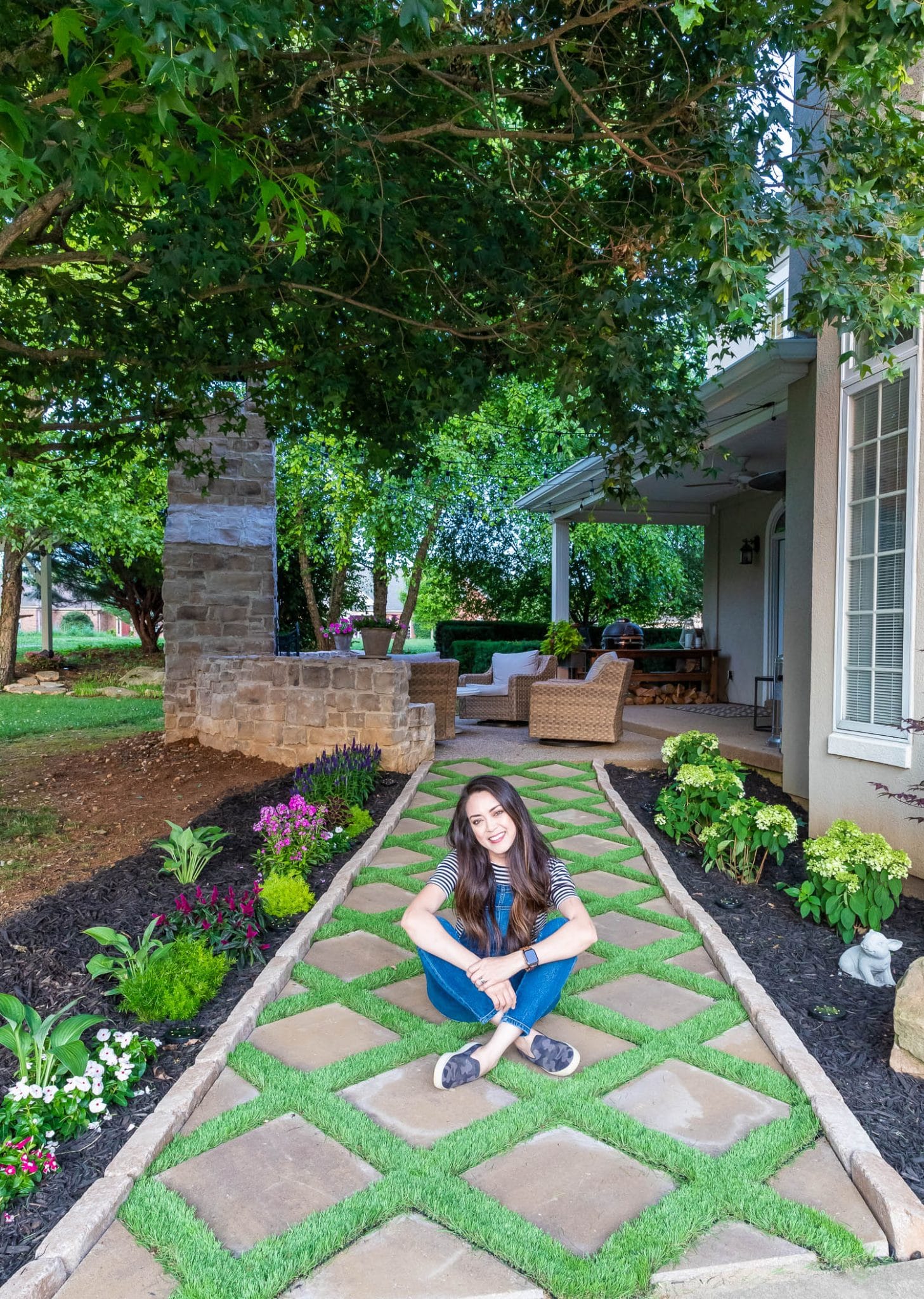
Walkway Pavers: A Comprehensive Guide to Materials, Installation, and Maintenance
Walkways are an integral part of any landscape design, providing a safe and aesthetically pleasing path for pedestrians. Walkway pavers, also known as paving stones, offer a versatile and durable solution for creating custom walkways that complement the surrounding landscape. This comprehensive guide will delve into the various materials, installation techniques, and maintenance practices associated with walkway pavers.
Materials for Walkway Pavers
Walkway pavers are available in a wide range of materials, each with its unique characteristics and advantages. The most common materials include:
- Concrete Pavers: Concrete pavers are a popular choice due to their durability, affordability, and wide variety of shapes, sizes, and colors. They are typically made from a mixture of cement, sand, and aggregate, and can be stamped or textured to resemble natural stone.
- Natural Stone Pavers: Natural stone pavers, such as granite, limestone, and sandstone, offer a timeless and elegant look. They are highly durable and resistant to wear and tear, but they can be more expensive than concrete pavers.
- Brick Pavers: Brick pavers are a classic choice for walkways, providing a warm and inviting appearance. They are made from fired clay and come in a variety of colors and textures.
- Porcelain Pavers: Porcelain pavers are a newer material that offers the look of natural stone with the durability and low maintenance of porcelain tile. They are resistant to fading, staining, and moisture.
Choosing the Right Walkway Pavers
When selecting walkway pavers, consider the following factors:
- Durability: The pavers should be able to withstand foot traffic and the elements without cracking or breaking.
- Aesthetics: The pavers should complement the surrounding landscape and architectural style.
- Cost: The cost of the pavers should fit within the project budget.
- Maintenance: Some materials require more maintenance than others, such as sealing or cleaning.
Installation of Walkway Pavers
Proper installation is crucial for the longevity and functionality of walkway pavers. The following steps outline the general installation process:
- Prepare the Base: Excavate the area for the walkway and create a stable base of compacted gravel or crushed stone.
- Set the Edging: Install edging around the perimeter of the walkway to retain the pavers and prevent them from shifting.
- Lay the Pavers: Place the pavers in a desired pattern, ensuring they are level and evenly spaced.
- Fill the Joints: Fill the joints between the pavers with polymeric sand or a mixture of sand and cement to lock them in place.
- Compact the Walkway: Use a plate compactor to compact the pavers and ensure a firm and stable surface.
Maintenance of Walkway Pavers
Regular maintenance is essential to keep walkway pavers looking their best and performing well. The following maintenance practices are recommended:
- Sweeping and Cleaning: Regularly sweep or hose down the walkway to remove dirt, debris, and leaves.
- Sealing: Seal the pavers every few years to protect them from stains, moisture, and wear.
- Repairing: Repair any cracked or broken pavers promptly to prevent further damage.
- Edging Maintenance: Inspect the edging regularly and make repairs as needed to ensure it remains secure.
Walkway Pavers for Different Landscapes
Walkway pavers can be used to create a variety of walkways in different landscape settings:
- Traditional Gardens: Brick or natural stone pavers create a classic and elegant look in traditional gardens.
- Modern Landscapes: Concrete pavers in geometric shapes and contemporary colors add a modern touch to modern landscapes.
- Coastal Environments: Porcelain pavers are an excellent choice for coastal environments as they are resistant to salt and moisture.
- Sloped Areas: Pavers with interlocking edges can be used to create stable and safe walkways on slopes.
Conclusion
Walkway pavers offer a versatile and durable solution for creating custom walkways that enhance the beauty and functionality of any landscape. By choosing the right materials, following proper installation techniques, and implementing regular maintenance practices, walkway pavers can provide years of enjoyment and functionality. Whether you prefer the classic charm of brick, the timeless elegance of natural stone, or the modern appeal of concrete or porcelain, there is a walkway paver option to suit every taste and budget.